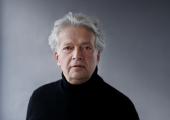Bruckner conductors improve with age: Haitink, Blomstedt, Gielen – octogenarians all. But Stanisław Skrowaczewski went further, conducting his favourite composer almost to his death, this week at the age of 93. And more than any of his contemporaries, he seemed to embody the Brucknerian qualities of wisdom, experience and patience. A glorious Indian summer brought his work to a new generation, as, apparently oblivious to physical frailty, he toured extensively, in his last years appearing with the world’s top orchestras.
Skrowaczewski was born in Lwów, then in Poland, now Ukraine, in 1923. A musical polymath, he took a long route to the podium, starting out as a pianist and, when a wartime hand injury forced a change of direction, turning to composition. In the late 1940s, he established a reputation in Poland as a conductor through his work with the Katowice Philharmonic, the Krakow Philharmonic and the Warsaw National Orchestra. His international career took off in America, first through an invitation from George Szell to conduct the Cleveland Orchestra and later, in 1960, with his appointment as Music Director of the Minneapolis Symphony (now the Minnesota Orchestra). That relationship was long and fruitful, with Skrowaczewski retaining a position with the orchestra (from 1979 as conductor laureate) right up to his death, an astonishing 56 years. And when, in 2012, the Minnesota players became involved in a bitter management dispute, leading to a 16-month lock-out, they found a high-profile champion in Stan, as he was affectionately known in the Twin Cities. Skrowaczewski led an unofficial concert during the dispute, and also the first concert back under official management when it was settled.
After standing down the main Music Director position in Minneapolis, Skrowaczewski took over the Hallé Orchestra for a decade from 1982, and he is still fondly remembered in Manchester. Composition occupied an increasing amount of his time from the mid-90s, although from 2007 to 2010 he was Principal Conductor of the Yomiuri Nippon Symphony Orchestra in Tokyo, and in the last years of his life toured extensively, continuing to perform with the Minnesota Orchestra and many other American orchestras, as well as making regular appearances in Europe, including regular returns to Poland, the country now taking huge pride in its long absent son.
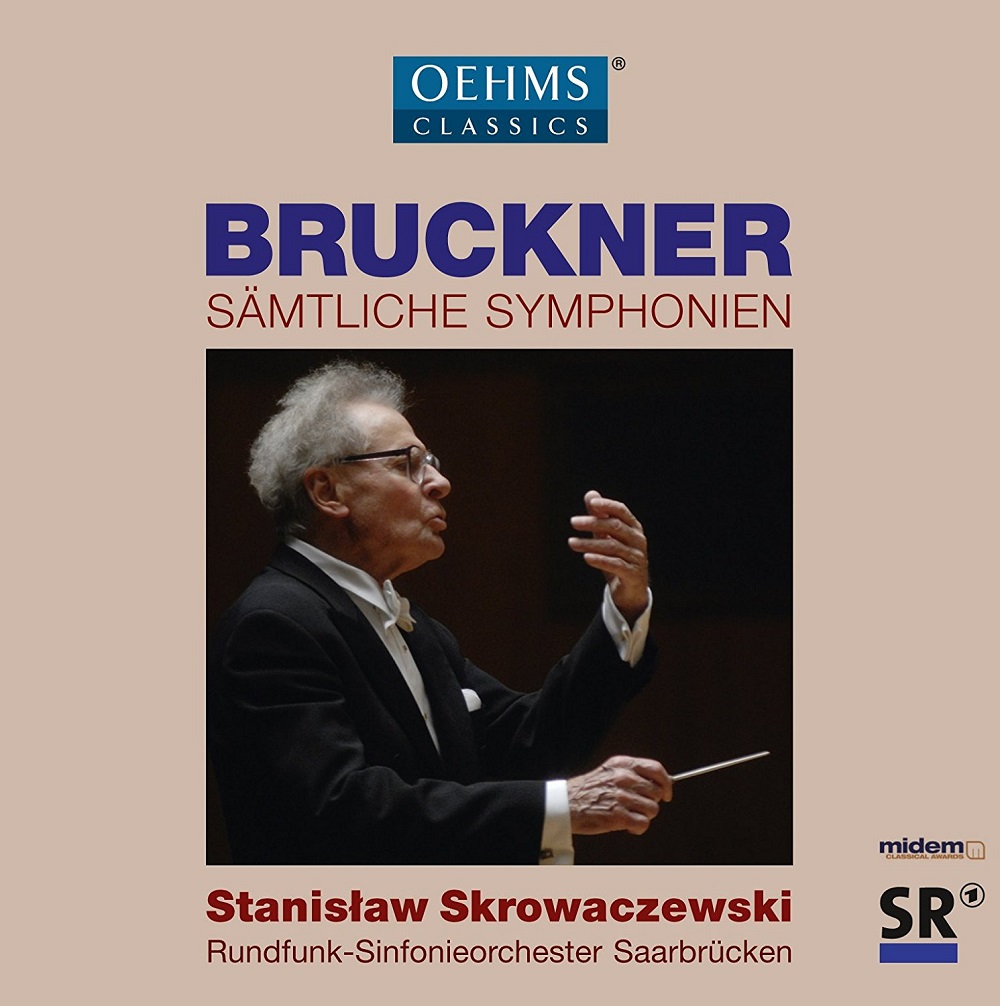 So what makes Skrowaczewski’s Bruckner special? At the most basic level, it all works, and with a rigorous but intuitive inner logic. Skrowaczewski knew how to deal with the awkward joins and unconvincing transitions in the early symphonies, finding the straightforward answers that eluded Bruckner himself in his many revisions. He had an ability to bring out the grandeur of Bruckner’s writing, but without excess. There is no grandstanding here, no bombast. Climaxes would often be presented in swift tempos, and with carefully shaped and separated phrases, the results innately musical and deeply felt, but never overly controlled or restrained. Skrowaczewski also found subtext in Bruckner’s music, where others present it at face value. His last UK appearance was with the London Philharmonic in October last year, in a performance of the Fifth Symphony. The blurb on the back of the inevitable own-label release (LPO-0090) described the finale as "an interpretation of humility," and so it was. Skrowaczewski seemed awed by Bruckner’s chorale ending, but also shaded it with a very human sense of scale and proportion – the divine, yes, but expressed through humble means. Skrowaczewski leaves us a complete Bruckner symphonies cycle with the Saarbrücken Radio Orchestra recorded 1991-2001 (reissued in 2015 as OEHMS 25), a Ninth with Minnesota and, with the London Philharmonic, Symphonies Three, Five and Seven – the LPO Third Symphony (LPO 84) the finest of these.
So what makes Skrowaczewski’s Bruckner special? At the most basic level, it all works, and with a rigorous but intuitive inner logic. Skrowaczewski knew how to deal with the awkward joins and unconvincing transitions in the early symphonies, finding the straightforward answers that eluded Bruckner himself in his many revisions. He had an ability to bring out the grandeur of Bruckner’s writing, but without excess. There is no grandstanding here, no bombast. Climaxes would often be presented in swift tempos, and with carefully shaped and separated phrases, the results innately musical and deeply felt, but never overly controlled or restrained. Skrowaczewski also found subtext in Bruckner’s music, where others present it at face value. His last UK appearance was with the London Philharmonic in October last year, in a performance of the Fifth Symphony. The blurb on the back of the inevitable own-label release (LPO-0090) described the finale as "an interpretation of humility," and so it was. Skrowaczewski seemed awed by Bruckner’s chorale ending, but also shaded it with a very human sense of scale and proportion – the divine, yes, but expressed through humble means. Skrowaczewski leaves us a complete Bruckner symphonies cycle with the Saarbrücken Radio Orchestra recorded 1991-2001 (reissued in 2015 as OEHMS 25), a Ninth with Minnesota and, with the London Philharmonic, Symphonies Three, Five and Seven – the LPO Third Symphony (LPO 84) the finest of these.
Not that Skrowaczewski was solely a Bruckner specialist; his currently-available discography runs to 22 composers. His recordings with the Saarbrücken orchestra include a Beethoven symphony cycle (OEHMS 526), a real slow burner. The recordings received little attention when they were first released, in 2005-07, but they have a habit of turning up on desert-island lists and critics’ top choices. As in his Bruckner, Skrowaczewski applies a lightness of touch to Beethoven, but also a sense of unshakable inner logic. The Fourth is a gem.
He was also a passionate advocate of modern music. One of Skrowaczewski’s earliest accolades was conducting the first Paris performance of Shostakovich’s Fifth Symphony, in 1948 when it was new music. In Poland, Skrowaczewski had been a close friend of Lutosławski, whose music he championed throughout his life, culminating in an impressive live recording of the First Symphony and Concerto for Orchestra in 2014 with the NFM Wrocław Philharmonic Orchestra (Accord 196-2). Skrowaczewski never lost his curiosity for new and adventurous repertoire: What may have been his final appearance in Poland, a concert at the new hall in Katowice last November, opened with Schnittke’s seldom-performed Concerto for Piano and Orchestra (the early one, 1960), with long-time collaborator Ewa Kupiec.
In the long term we may remember him more as a composer. Such were the fates of Berlioz and Mahler, both better-known in their lifetimes as conductors of other composer’s work. Skrowaczewski the composer is very similar in spirit to Skrowaczewski the conductor, addressing weighty matters, but with lightness of touch and economy of means. His style is somewhere between Lutosławski and Bruckner. Try his Concerto for Orchestra, a finalist for the 1999 Pulitzer Prize; the surface textures are energetic and modern, while the underlying structure and spiritual breadth are pure Bruckner: The final movement is entitled "Anton Bruckners Himmelfahrt" ("Anton Brucker's Journey to Heaven"). Most of Skrowaczewski’s major compositions were recorded for the Reference and Albany labels, with the composer himself leading the Minnesota and Saarbrücken orchestras, definitive accounts that will surely be his lasting legacy.
@saquabote
Next page: an in-depth 2012 interview with Skrowaczewski
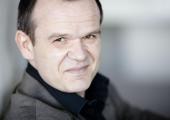

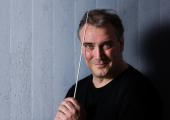
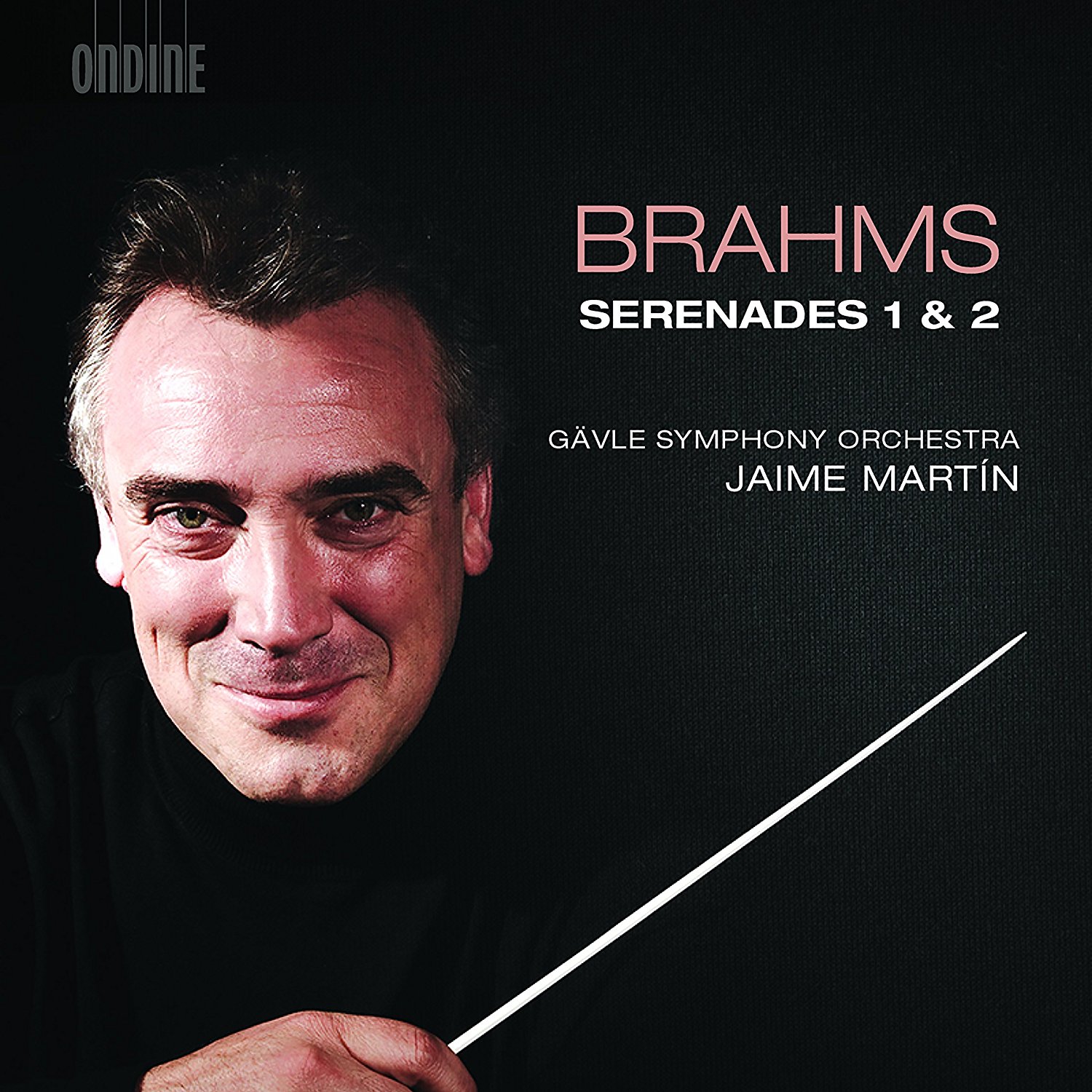 Brahms: Serenades 1 & 2 Gävle Symphony Orchestra/Jaime Martín (Ondine)
Brahms: Serenades 1 & 2 Gävle Symphony Orchestra/Jaime Martín (Ondine) So what makes Skrowaczewski’s Bruckner special? At the most basic level, it all works, and with a rigorous but intuitive inner logic. Skrowaczewski knew how to deal with the awkward joins and unconvincing transitions in the early symphonies, finding the straightforward answers that eluded Bruckner himself in his many revisions. He had an ability to bring out the grandeur of Bruckner’s writing, but without excess. There is no grandstanding here, no bombast. Climaxes would often be presented in swift tempos, and with carefully shaped and separated phrases, the results innately musical and deeply felt, but never overly controlled or restrained. Skrowaczewski also found subtext in Bruckner’s music, where others present it at face value. His
So what makes Skrowaczewski’s Bruckner special? At the most basic level, it all works, and with a rigorous but intuitive inner logic. Skrowaczewski knew how to deal with the awkward joins and unconvincing transitions in the early symphonies, finding the straightforward answers that eluded Bruckner himself in his many revisions. He had an ability to bring out the grandeur of Bruckner’s writing, but without excess. There is no grandstanding here, no bombast. Climaxes would often be presented in swift tempos, and with carefully shaped and separated phrases, the results innately musical and deeply felt, but never overly controlled or restrained. Skrowaczewski also found subtext in Bruckner’s music, where others present it at face value. His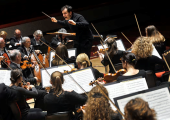
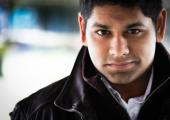
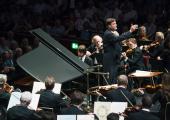
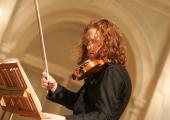
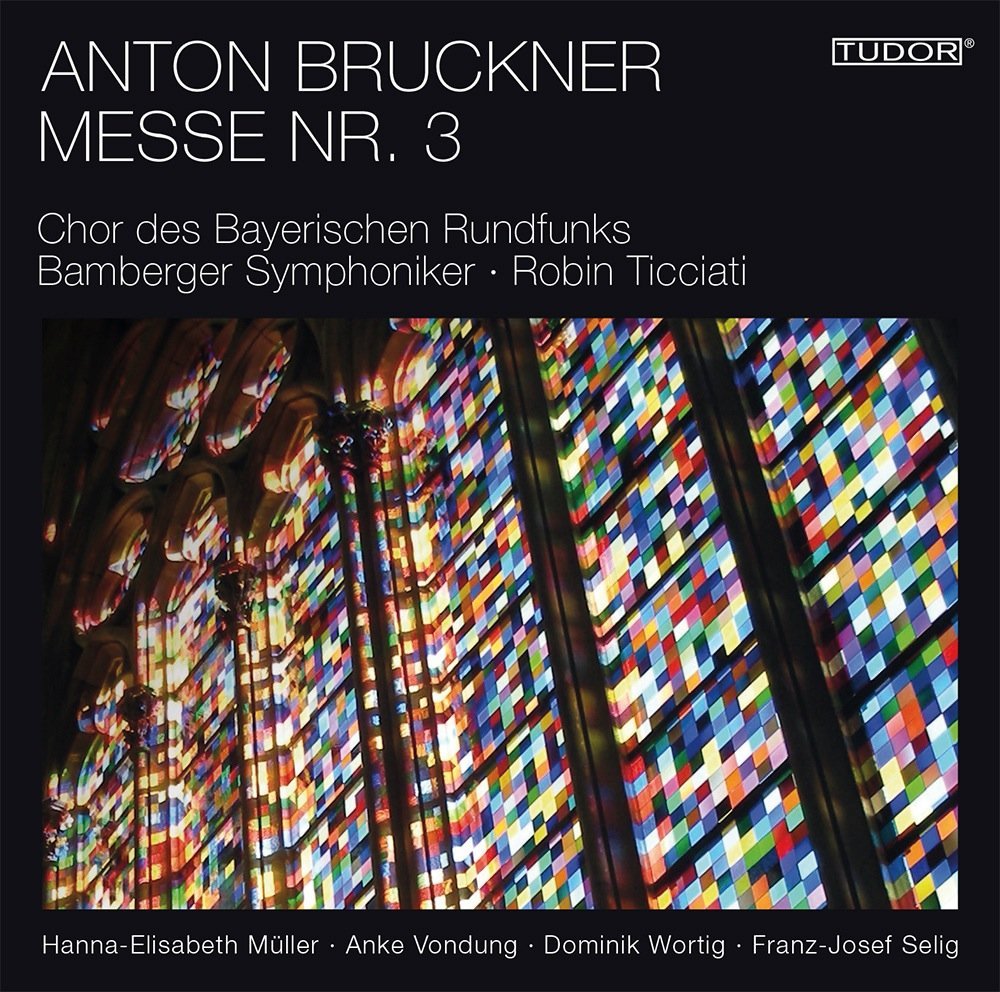 Bruckner: Mass No. 3 in F minor Soloists, Bavarian Radio Choir, Bamberg Symphony Orchestra/Robin Ticciati (Tudor)
Bruckner: Mass No. 3 in F minor Soloists, Bavarian Radio Choir, Bamberg Symphony Orchestra/Robin Ticciati (Tudor)